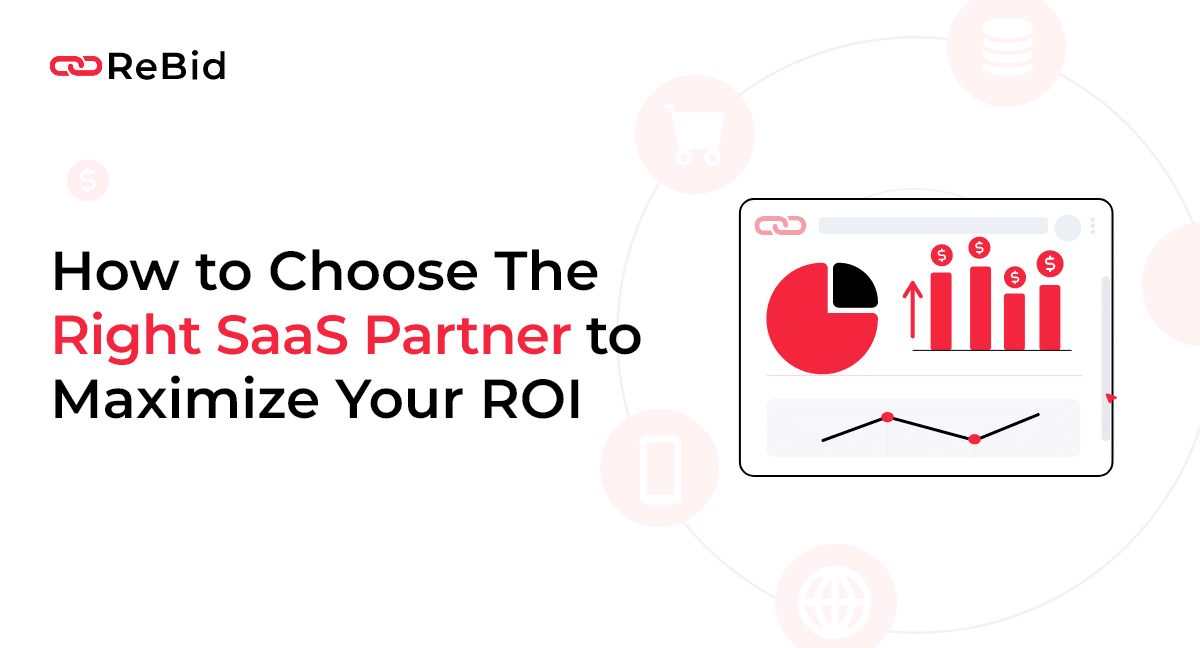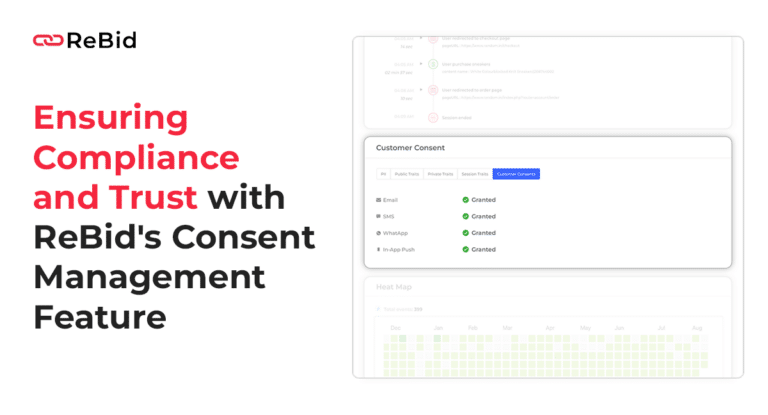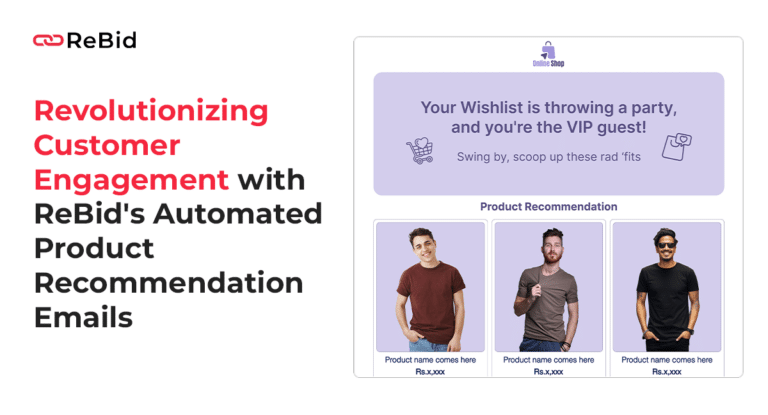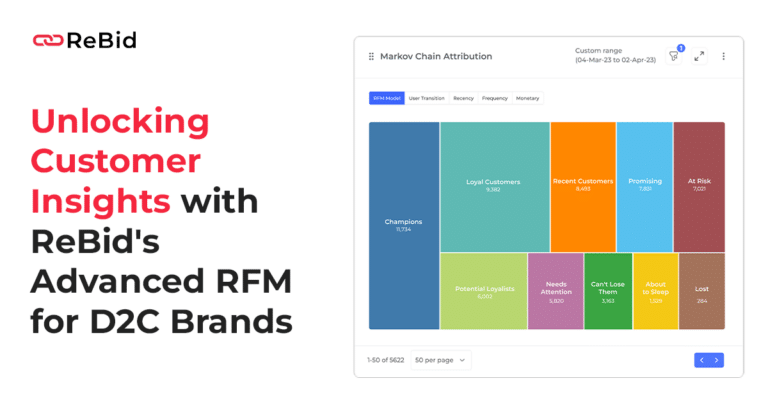Over the last decade, SaaS has seen explosive growth, expanding from an industry size of $31.5 billion in 2015 to an estimated $171.9 billion by the end of 2022. SaaS applications are ubiquitous today, making up 70% of a company’s total software use, slated to reach 85% by 2025. From marketing to finance, HR to accounts, every business function out there is using a SaaS Partner or Platform in some form or another.
It is only natural that SaaS platforms have exploded in size, number, and variety over the years. At last count, there were over 25,000 SaaS companies worldwide, and new startups keep cropping up in the space every day. 10,000 of these are in the martech space. With the wide variety of SaaS platforms to choose from and an industry growing exponentially, how do you choose the right SaaS product? How do you find that one platform that maximizes the return on your SaaS investment?
In today’s blog, we answer this question.
What to look out for in your SaaS partner before you sign that cheque
In increasing order of significance, here’s the answer:
Priority 4: Scalability
Your SaaS journey must begin with understanding your specific use cases. So map your present and potential requirements against the SaaS product’s offerings.
But an essential factor to remember here is that your requirements will grow. Will the SaaS platforms in your consideration set be able to keep up? It’s a vital criterion. For example, you are in the market for a Customer Data Platform. In that case, it makes sense to consider a SaaS service that allows you to upgrade to a Data Management Platform and a DSP-SSP integration. This would spare you the headache of later migrating your data from your present CDP provider to a fully-functional platform. Remember: compromising scalability may quickly turn the best situations into bottlenecks.
Priority 3: Customization
The ideal SaaS platform should feel as if it was built right for you, for your specific use cases, and to solve your unique roadblocks. The more features you can customize to meet your most recurrent requirements, the more efficient and ROI-oriented the SaaS for your workflow.
Out-of-the-box software is more likely than not designed to meet a generic range of industry requirements. It will be painful to navigate a labyrinth of menus to get to the functions that really matter to you. Product and feature personalization ensure that your interaction with the software is more relevant. A good SaaS product allows personalization at the UI level, and a great one permits customization of the user journey.
Priority 2: Integrations
Some SaaS products work in isolation, while others are integrated into a larger suite of services. Integrations, especially the ones customized for you, allow for automation and reduce human intervention. Eventually, it leads to faster processing times and greater accuracy.
Especially when choosing a martech product, it’s best to avoid a tribal software service that is not integrated with the leading DSPs or SSPs (depending on your requirements). An ideal SaaS should allow for effortless campaign setup and execution through on-the-ball integrations. If there is one factor to be particularly obsessed about, it is ensuring that your chosen SaaS product talks to the leading names in the industry.
Priority 1: Compliance
The need for your SaaS provider to be compliant with the law, especially GDPR among other data privacy regulations, is not only desirable but outright essential for your business and reputation.
GDPR or General Data Protection Regulation is an EU regulation concerning privacy and data protection in the European Union and the European Economic Area. The regulation requires your Saas provider to comply with data subject requests and to maintain the infrastructure that ensures the security of data stored with it. In case of any lapse by your SaaS provider, you may be liable to pay a fine – which could amount to a staggering €20 million or 4% of your firm’s annual revenue from the preceding year, whichever is higher.
Further, given the compliance chain effect of GDPR, your customers too may require that you work only with GDPR-compliant SaaS providers. This is especially true when SaaS involves processing personally identifiable information (including cookies). Working with a GDPR-non-compliant SaaS provider puts you at risk of cessation of service in case of a GDPR-based action against the SaaS provider. All of this costs money and time, of course. But in our times, this could also lead to instant loss of reputation. Be extremely careful about compliances when choosing your SaaS partner, especially with many fly-by-the-night operators filling up this space.
Another reason it’s critical to choose the right SaaS partner is to ensure the resilience of your marketing data infrastructure. Read more about ReBid’s approach to it here: High Availability and Disaster Recovery Plan for Your Marketing Data and Infrastructure
Summing up
Unlike other software, SaaS has extremely high dependency on its publisher. Lack of proper evaluation of SaaS providers could turn out to be expensive. In 2018, the Information Commissioner’s Office fined British Airways £20 million for failing to protect the personal and financial details of more than 400,000 of its customers.
Not all GDPR-related fines are this high, the pitfalls of irking regulators in the martech space are quite significant. In 2020, CNIL – the French Data Protection Authority, fined Amazon €35 million for its alleged failure to provide cookie consent and associated information to users on its website.
Don’t leave money on the table by making the wrong choice of SaaS providers. Choose one that empowers your business users with scalability, customization, and integration, all within the overarching framework of compliance with privacy laws.





